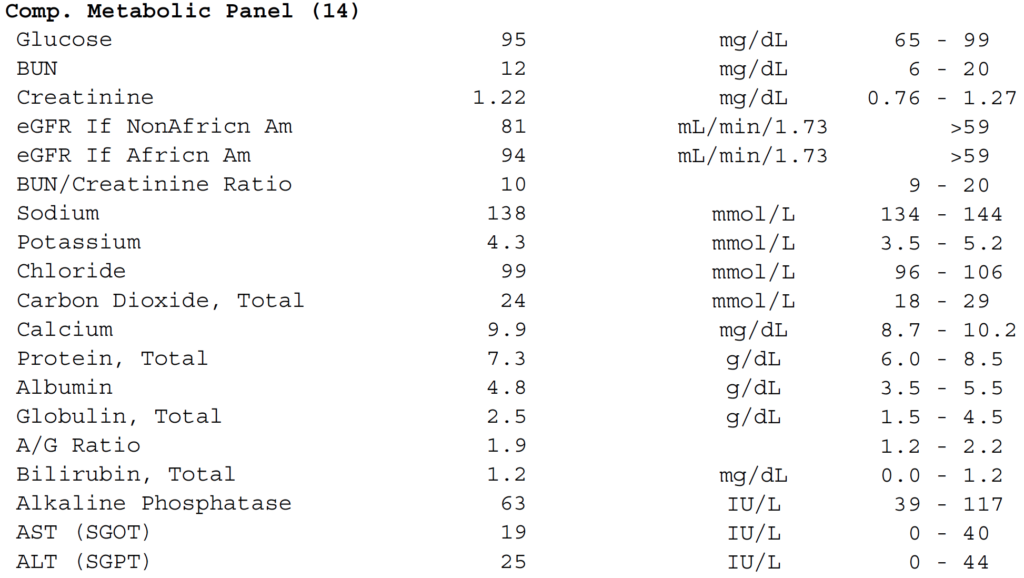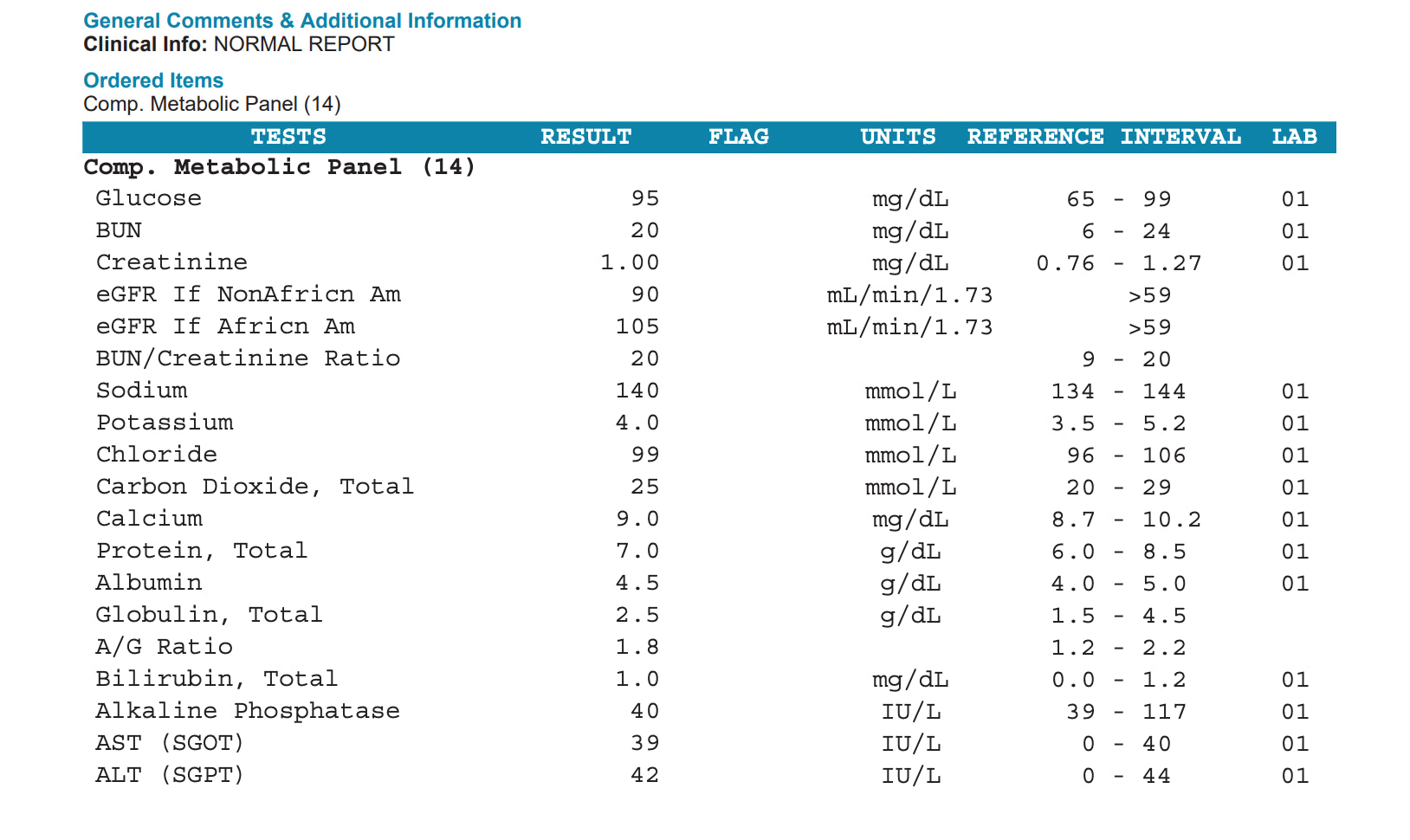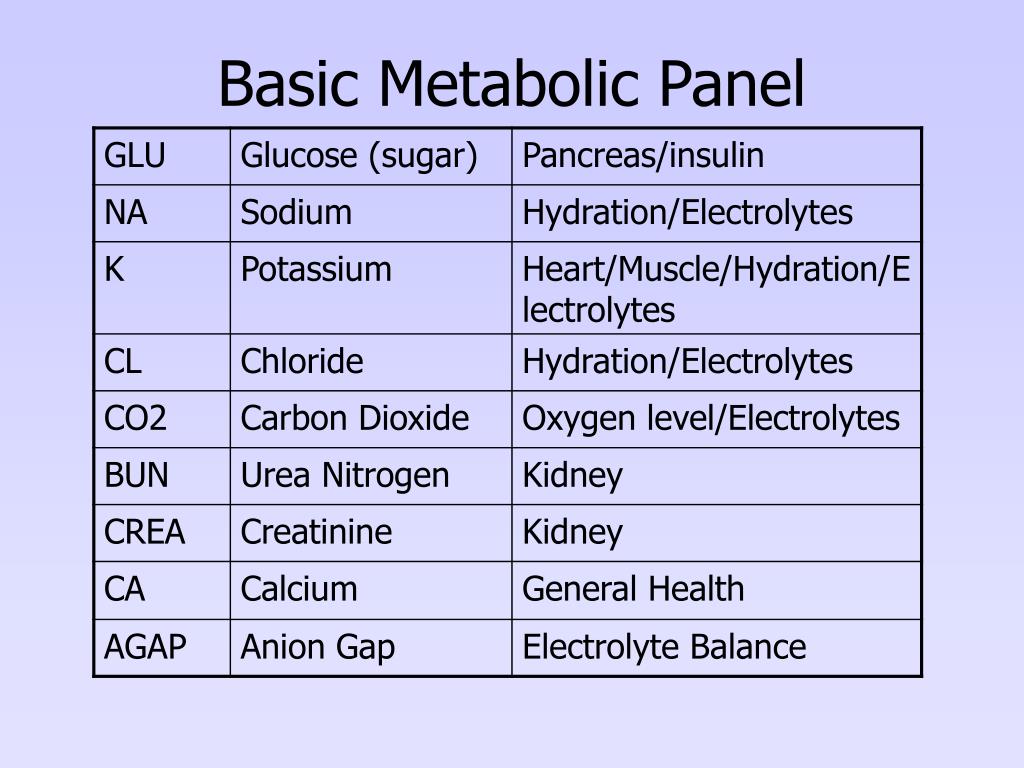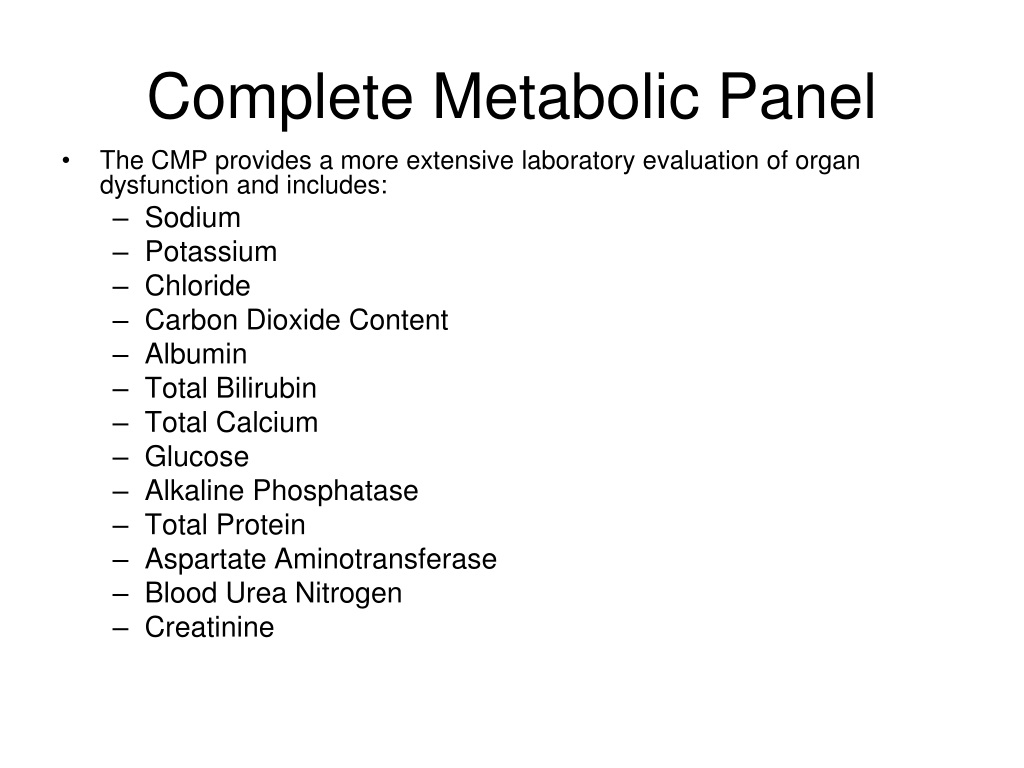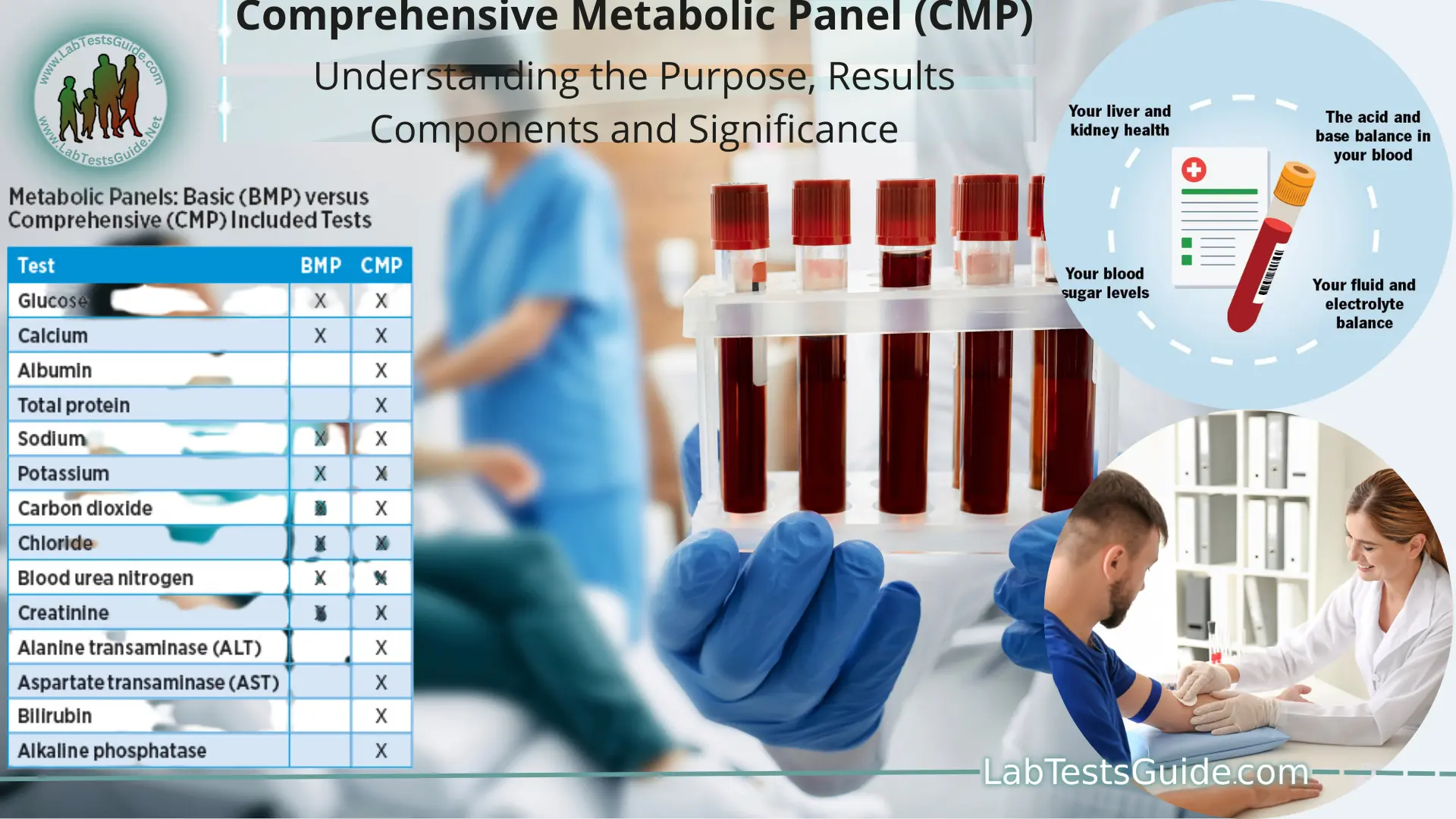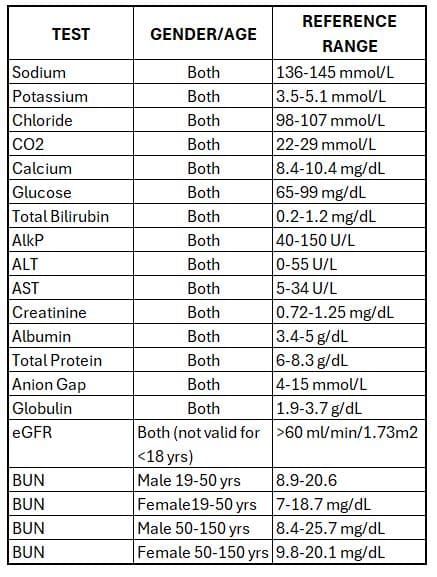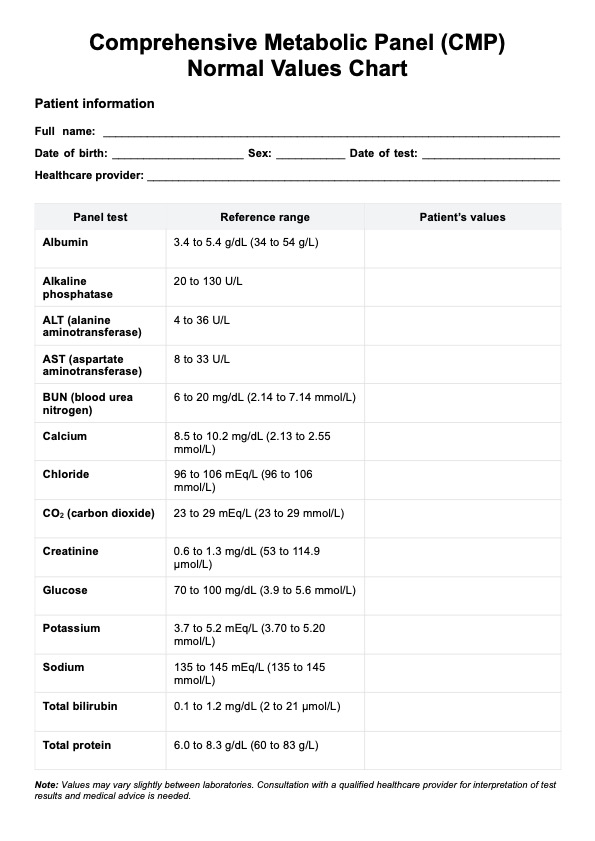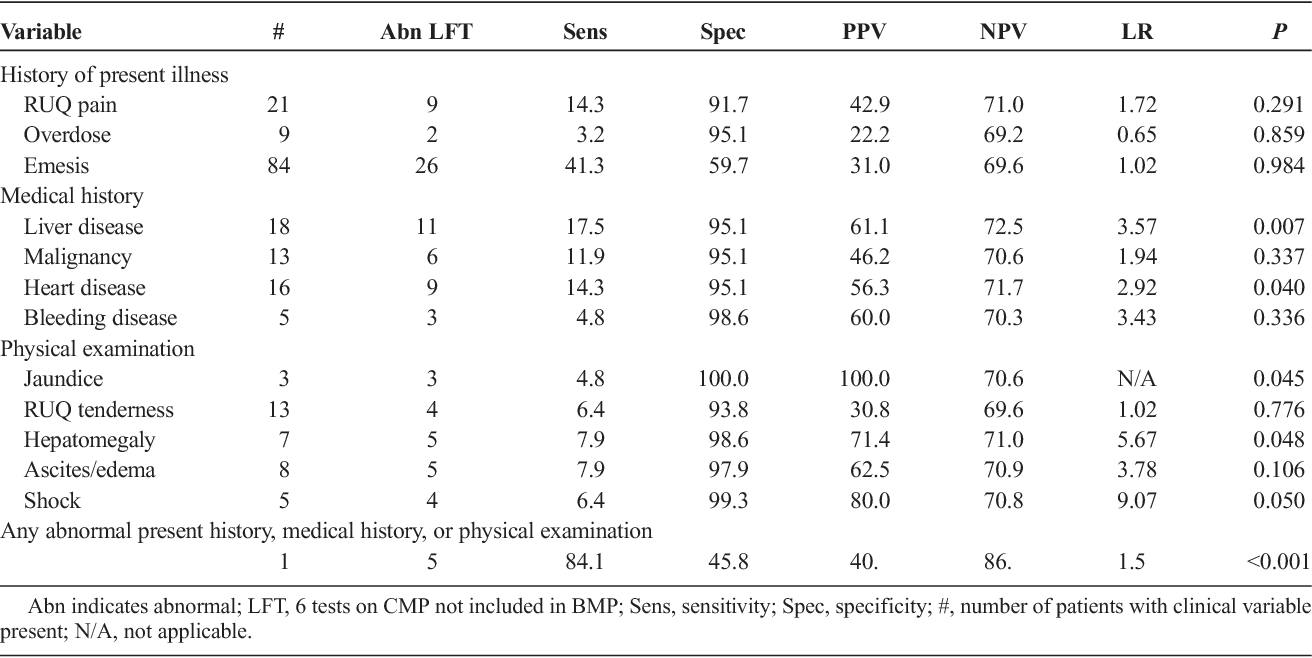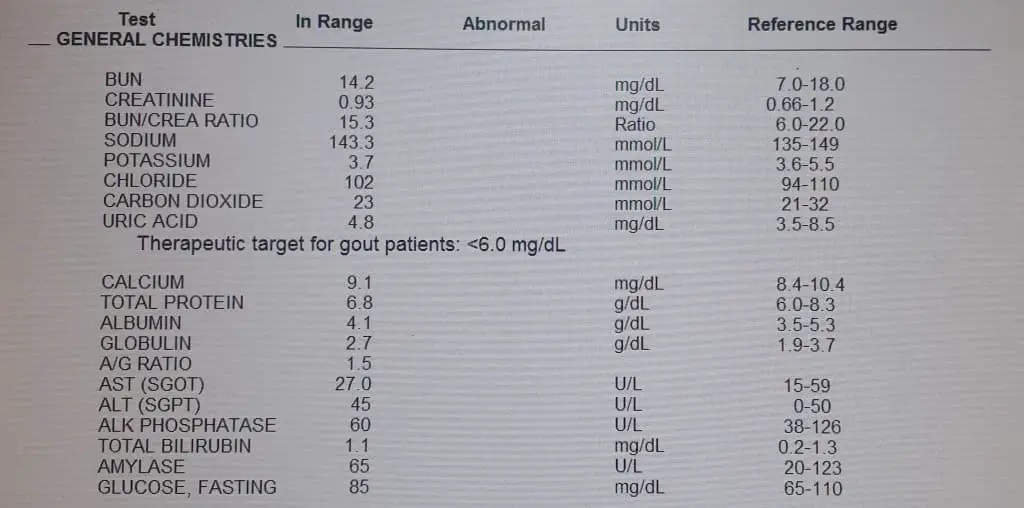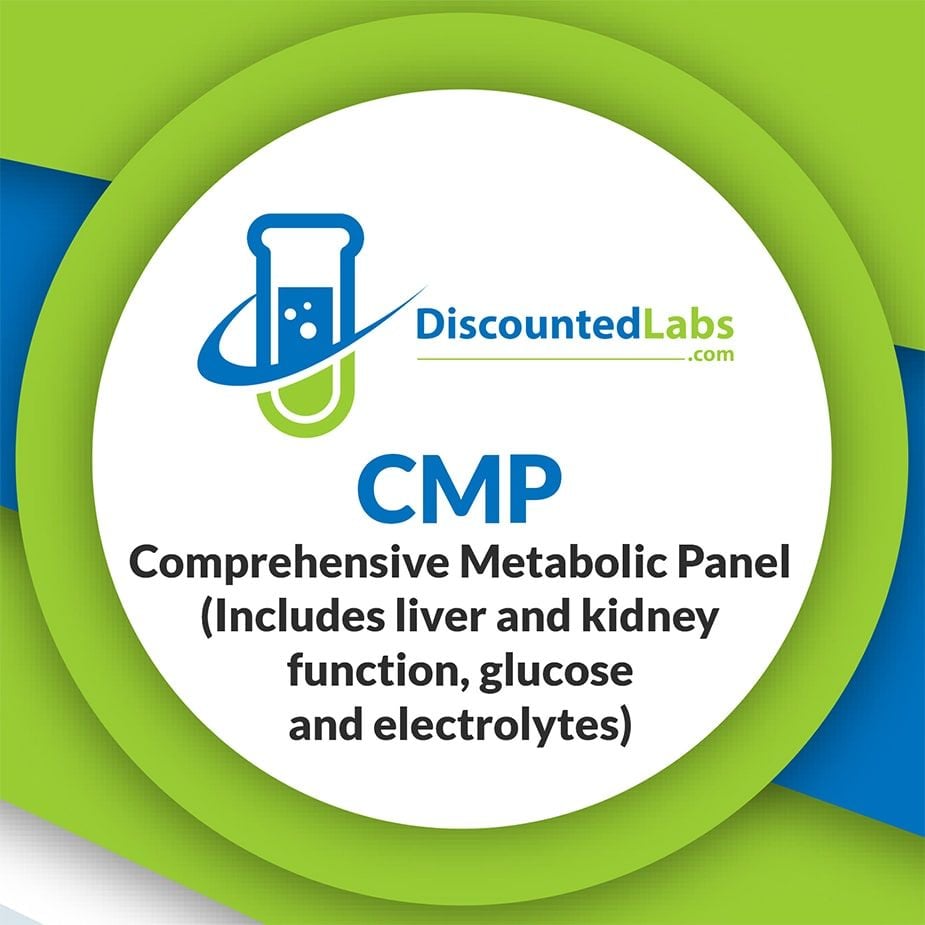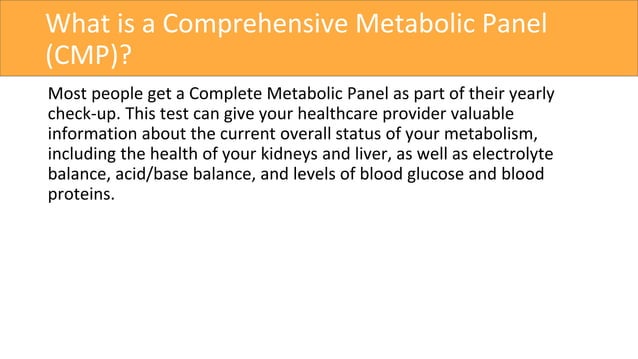Does Comprehensive Metabolic Panel Include Cholesterol
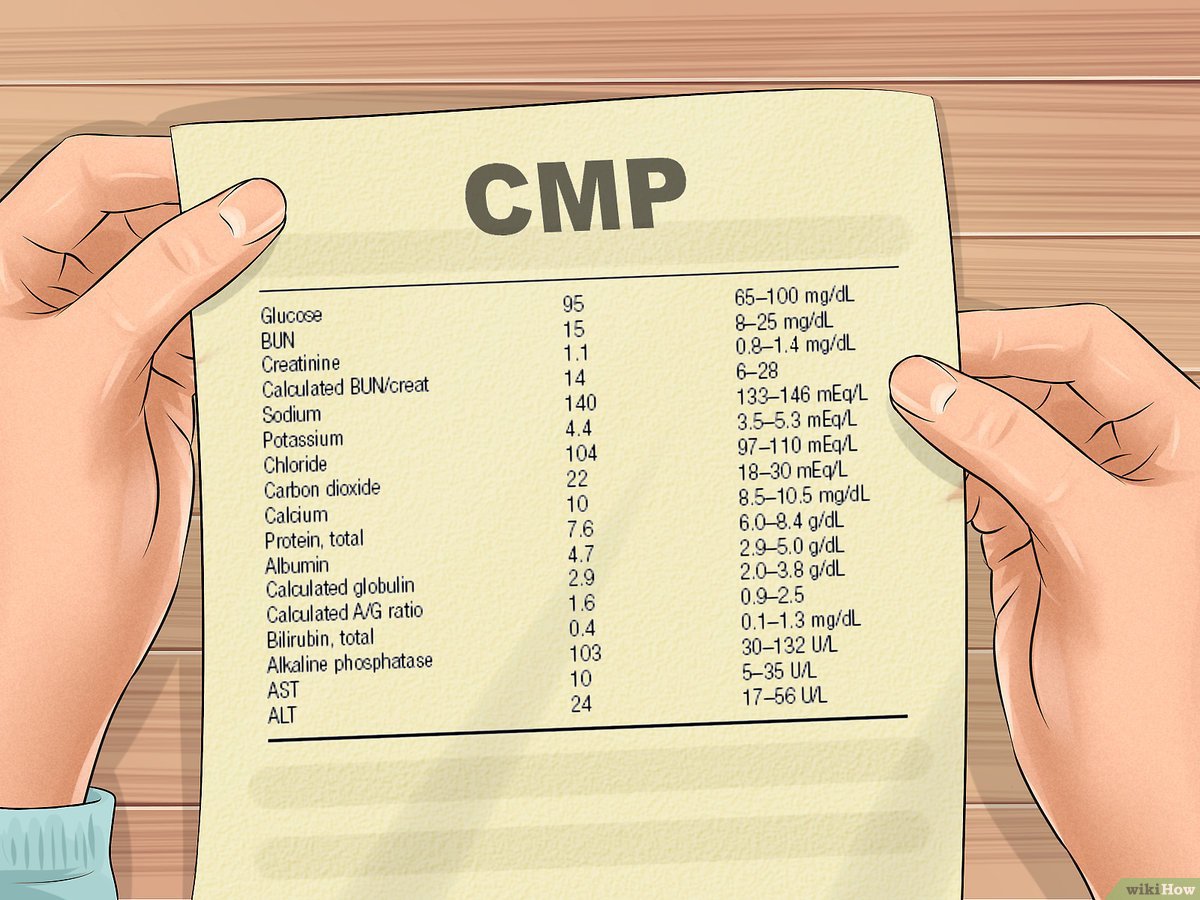
Imagine you're at your doctor's office, the sterile scent of antiseptic filling the air. You're there for your annual check-up, a routine blood draw being part of the process. The nurse assures you everything is standard, "just your regular blood work," she says with a reassuring smile. But later, looking over your results, a question pops into your head: does this 'Comprehensive Metabolic Panel' tell me anything about my cholesterol?
The answer, in short, is no. The Comprehensive Metabolic Panel (CMP) and a cholesterol test, often called a lipid panel or lipid profile, are two distinct blood tests that evaluate different aspects of your health. While the CMP provides a broad overview of your body's chemical balance and metabolism, it doesn't include measurements of cholesterol levels.
Understanding the Comprehensive Metabolic Panel (CMP)
The CMP is a workhorse in the world of diagnostic testing. It's a blood test that provides a snapshot of your body's overall chemical balance and metabolism. Think of it as a report card for your major organs, particularly the liver and kidneys.
It typically includes measurements of several key components:
- Glucose: This measures your blood sugar levels, important for diabetes screening and management.
- Electrolytes: Sodium, potassium, chloride, and carbon dioxide, which help regulate fluid balance, nerve and muscle function.
- Kidney Function Tests: Blood urea nitrogen (BUN) and creatinine, which assess how well your kidneys are filtering waste.
- Liver Function Tests: Albumin, total protein, alkaline phosphatase (ALP), alanine aminotransferase (ALT), and aspartate aminotransferase (AST). These enzymes indicate the health and function of your liver.
- Calcium: An important mineral for bone health, nerve function, and blood clotting.
These measurements can help your doctor detect a wide range of potential health issues, from kidney disease to liver problems to diabetes. Abnormal results on a CMP often warrant further investigation.
The Role of a Lipid Panel (Cholesterol Test)
Unlike the CMP, a lipid panel is specifically designed to assess your cholesterol levels and other fats (lipids) in your blood. These measurements are critical for evaluating your risk of heart disease.
A standard lipid panel typically includes:
- Total Cholesterol: The total amount of cholesterol in your blood.
- High-Density Lipoprotein (HDL) Cholesterol: Often referred to as "good" cholesterol, HDL helps remove other forms of cholesterol from your bloodstream.
- Low-Density Lipoprotein (LDL) Cholesterol: Often referred to as "bad" cholesterol, LDL can build up in the arteries, leading to heart disease.
- Triglycerides: Another type of fat in your blood, high levels of which can also increase your risk of heart disease.
Understanding these numbers allows your doctor to assess your cardiovascular risk and recommend lifestyle changes or medications to manage your cholesterol levels.
Why the Difference? Specialization in Blood Testing
The separation of these tests boils down to specialization and efficiency. The CMP focuses on metabolic processes, while the lipid panel hones in on cardiovascular risk factors. Different reagents and laboratory techniques are used to accurately measure these distinct sets of components in your blood.
Trying to combine every possible test into a single panel would be cumbersome and potentially less accurate. By keeping them separate, labs can ensure the precision and reliability of each individual measurement.
When Should You Get a Cholesterol Test?
The frequency of cholesterol testing depends on several factors, including your age, family history, and other risk factors for heart disease. Guidelines from organizations like the American Heart Association and the National Institutes of Health provide general recommendations.
Generally, adults should have their cholesterol checked every 4 to 6 years, starting around age 20. More frequent testing may be recommended if you have a family history of heart disease, diabetes, high blood pressure, or other risk factors.
Your doctor is the best person to determine the appropriate testing schedule for you based on your individual health profile.
Interpreting Your Results: What's Considered Normal?
The "normal" ranges for cholesterol levels can vary slightly depending on the laboratory and the specific guidelines your doctor uses. However, general guidelines are as follows:
- Total Cholesterol: Ideally less than 200 mg/dL.
- HDL Cholesterol: Ideally 60 mg/dL or higher (protective against heart disease).
- LDL Cholesterol: Ideally less than 100 mg/dL (even lower for those at high risk).
- Triglycerides: Ideally less than 150 mg/dL.
It's important to remember that these are just general guidelines. Your doctor will consider your overall health profile when interpreting your results and recommending a course of action.
Taking Control of Your Health: Lifestyle Changes and Cholesterol
Even if your CMP results are normal, paying attention to your cholesterol levels is crucial for long-term health. Fortunately, there are many lifestyle changes you can make to manage your cholesterol and reduce your risk of heart disease.
These include:
- Eating a Heart-Healthy Diet: Focus on fruits, vegetables, whole grains, and lean protein. Limit saturated and trans fats, and cholesterol-rich foods.
- Regular Exercise: Aim for at least 30 minutes of moderate-intensity exercise most days of the week.
- Maintaining a Healthy Weight: Losing even a small amount of weight can have a positive impact on your cholesterol levels.
- Quitting Smoking: Smoking damages your blood vessels and increases your risk of heart disease.
- Managing Stress: Chronic stress can negatively impact your cholesterol levels and overall health.
In some cases, medication may be necessary to lower cholesterol levels, especially if lifestyle changes are not enough. Your doctor can help you determine the best course of treatment for you.
Beyond the Numbers: The Bigger Picture of Health
While blood tests like the CMP and lipid panel provide valuable information, it's important to remember that they are just one piece of the puzzle. Your overall health is influenced by a complex interplay of genetic factors, lifestyle choices, and environmental exposures.
Open communication with your doctor is essential for understanding your test results and developing a personalized plan to optimize your health. Don't hesitate to ask questions and seek clarification on anything you don't understand.
Regular check-ups, healthy habits, and a proactive approach to your well-being are the keys to a long and healthy life. Prioritizing your health and being informed about your body is a gift you give yourself.
